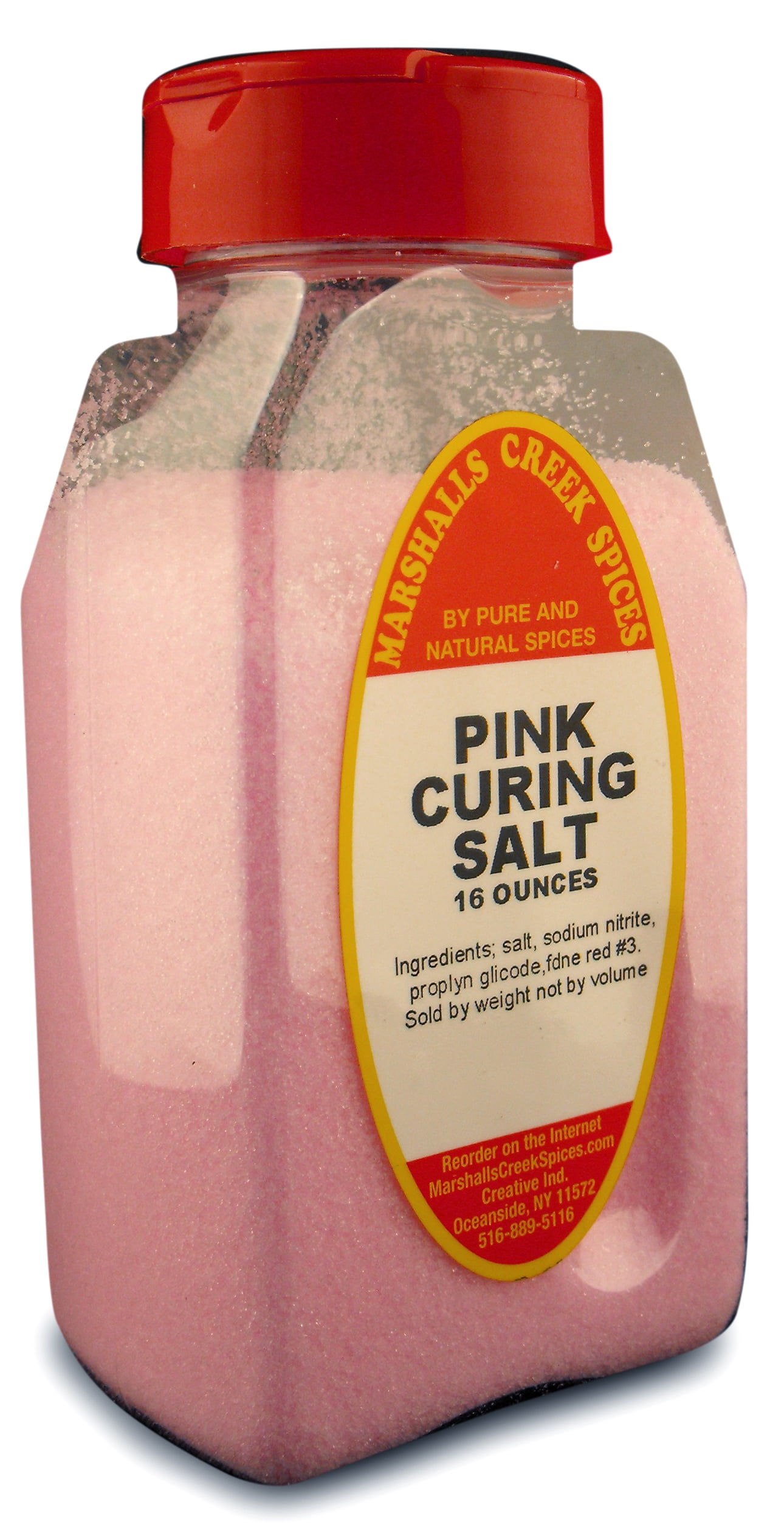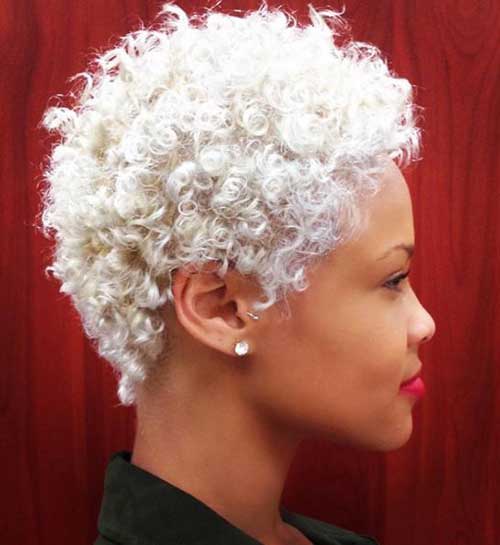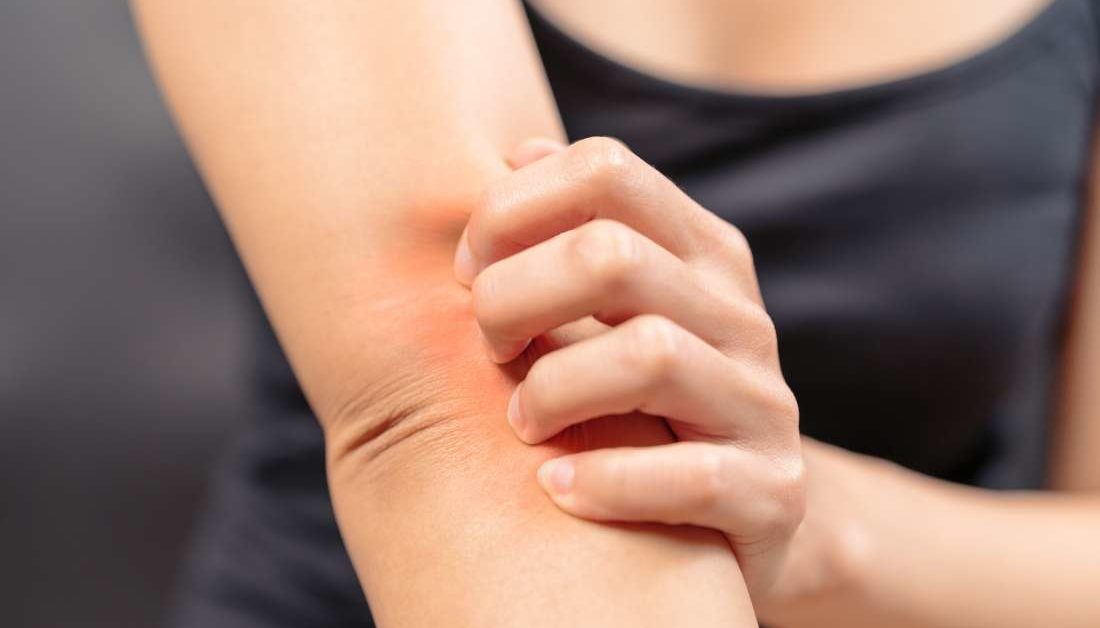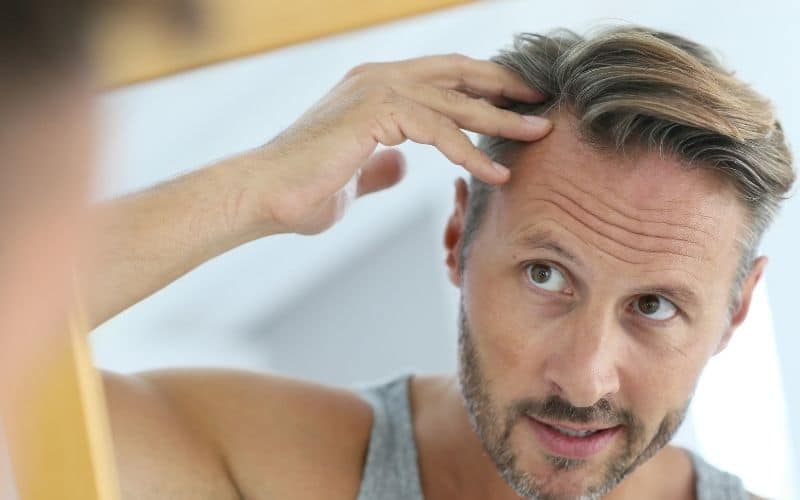Table of Content
The itching might be located in specific areas, depending on the condition. For example, if you have Athlete’s foot, your feet and toes will be the ones itching. However, it’s also possible for the whole body to be affected, which is a more worrying symptom and would require a visit to the hospital for evaluation. You're likely to start by seeing your family doctor or primary care doctor. In some cases, you may be referred to a specialist in skin diseases .
Hands tend to experience the most direct contact with environmental irritants. These include dish soap and laundry detergent. When itching, use ice to apply to the affected area. Take care of your skin gently; do not use hard cotton or something to rub strongly on the skin allergic.
What Causes Itchy Skin?
Fortunately, there are ways you can soothe these itchy irritations with home remedies, no prescription required. Dermatologist Shilpi Khetarpal, MD, gives us the low-down on what might be causing your itchy skin and how you can treat it. If your symptoms don’t subside or if they get worse, talk to your doctor about medical treatments. Selenium sulfide is an anti-infective medication used to treat seborrheic dermatitis. It works by slowing down the growth of yeast on the scalp.
But remember that you mustn’t use baking soda when you have opened wounds or broken skin. Mince the garlic cloves and heat in a saucepan with half a cup of olive oil. You must do this once daily to lock in the moisture in your skin. Apply the warm honey directly to the itchy areas.
Apple Cider Vinegar
Avoid items or situations that cause you to itch. Try to identify what's causing your symptoms and avoid it. This might be wool clothing, an overly heated room, too many hot baths or exposure to a cleaning product. A chest X-ray can show if you have enlarged lymph nodes, which can go along with itchy skin. Itching skin can be treated quickly & easily just by using some coconut oil.

Therefore, you need the help of the home remedies for itching skin. If you want to know more about natural at home remedies for other diseases and conditions, go to our main Home Remedies page. If you have any question, or you know other home remedies for itching skin, please leave them below. Apple cider vinegar has antibacterial, anti-inflammatory, and antifungal properties. It can help reduce itching caused by dry skin.
Health Essentials
Participants applied the oils to areas of itchy skin twice a day for 2 weeks. Those who used the peppermint-infused oil reported a significant reduction in itch severity compared to those who used the other product. According to the National Eczema Association , people who frequently experience itchy skin may have difficulty sleeping and may become depressed or anxious. They may also scratch their skin, causing small tears, which are prone to infection. While the weather is often the culprit for dry skin, she adds that it’s not necessarily always to blame. “Eczema can be a common cause, when you get red, scaly patches of skin on the front of your elbow, back of the knee or even your hands,” she says.

Make sure to wear loose-fitting, cotton clothing that draws sweat away from the skin when you’re exposed to high temperatures or skin-irritating conditions. Don’t let exposed skin contact with hot water. This will only make the situation worse. Prepare 200 grams of aloe vera and 3-4 teaspoons of honey. You can also apply to the allergy skin while gently massaging. Rinse the orange peel and rose petals, then dry them under the sun or grill.
Cooling the itch
Try diluting apple cider vinegar in warm water and using it as a rinse after shampooing to alleviate dandruff and an itchy scalp. Honey exhibits natural humectant properties that prevent your skin from drying. Honey also possesses anti-inflammatory and antimicrobial properties that help reduce the symptoms of itching and prevent skin infections , . Garlic, due to its powerful anti-inflammatory and antioxidant properties, is used to treat various skin and health ailments, including pruritus , .
Check for allergic reactions to certain foods like milk, eggs, peanuts, fish, mushrooms, etc., and avoid them. Drink lots of water and keep yourself well hydrated. Leave it on for 20 to 30 minutes and then wash it off with water.
Maintain a relatively cool, neutral humidity environment in your house. Use a humidifier during winter if you are prone to dry skin and eczema. When you hear the word “oatmeal,” most people think of “breakfast.” However, colloidal oatmeal is no food. It’s made of finely grounded oats, and it’s a natural moisturizer. That’s why you’ll find it listed as an ingredient in some soaps and lotions.
Whatever you choose to treat itching skin at home, each remedy can give you an immediate relief. You can do this daily to get quick relief from itching skin. Moisturizers, such as creams and lotions, can help hydrate the outermost layer of the skin. They are often essential for managing skin conditions that cause itching and dryness. Dry and itchy skin can be a big distraction, whether it’s eczema or a seasonal issue.
The next morning, apply this oil to all the affected areas. Leave it on for 15 to 20 minutes, after which you can wash it off with water. Leave it on for 10 to 15 minutes and then wash it off with water. Pruritus is accompanied by the following symptoms.
You might rub some of the oatmeal on the scratchy areas. Liver disease, kidney failure, thyroid issues, iron deficiency,cancer. Write down your signs and symptoms, when they occurred, and how long they lasted. Also, make a list of all medications, including vitamins, herbs and over-the-counter drugs, you're taking. Or take the original bottles and a written list of the dosages and directions. With so many products from which to choose, how do you pick the right moisturizer?
















